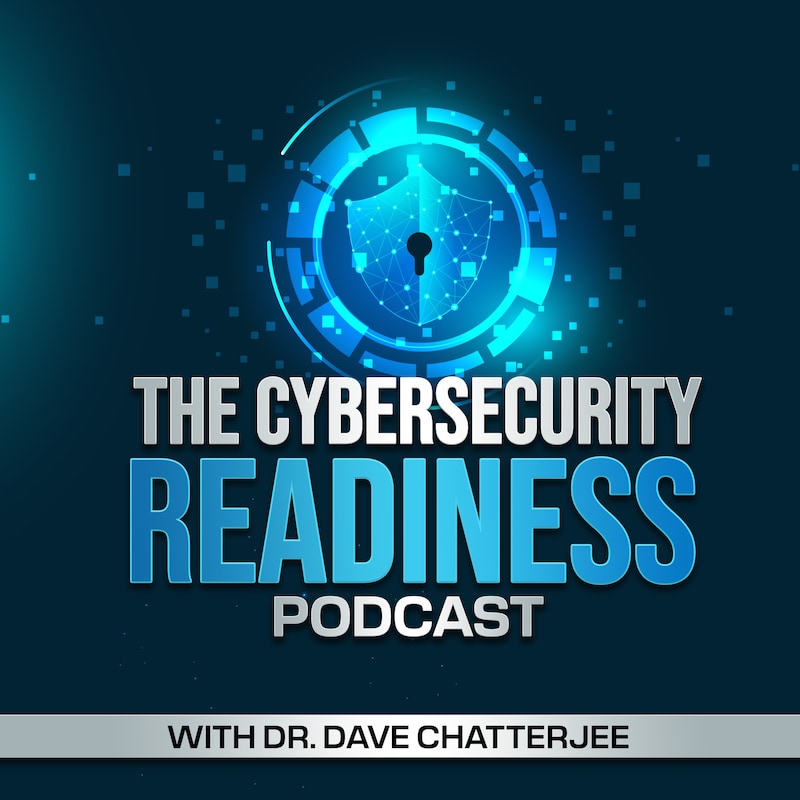
The Last Line of Defense Against a Ransomware Attack
Episode 62 •
27th March 2024 • The Cybersecurity Readiness Podcast Series • Dr. Dave Chatterjee
00:00:00
00:34:57



